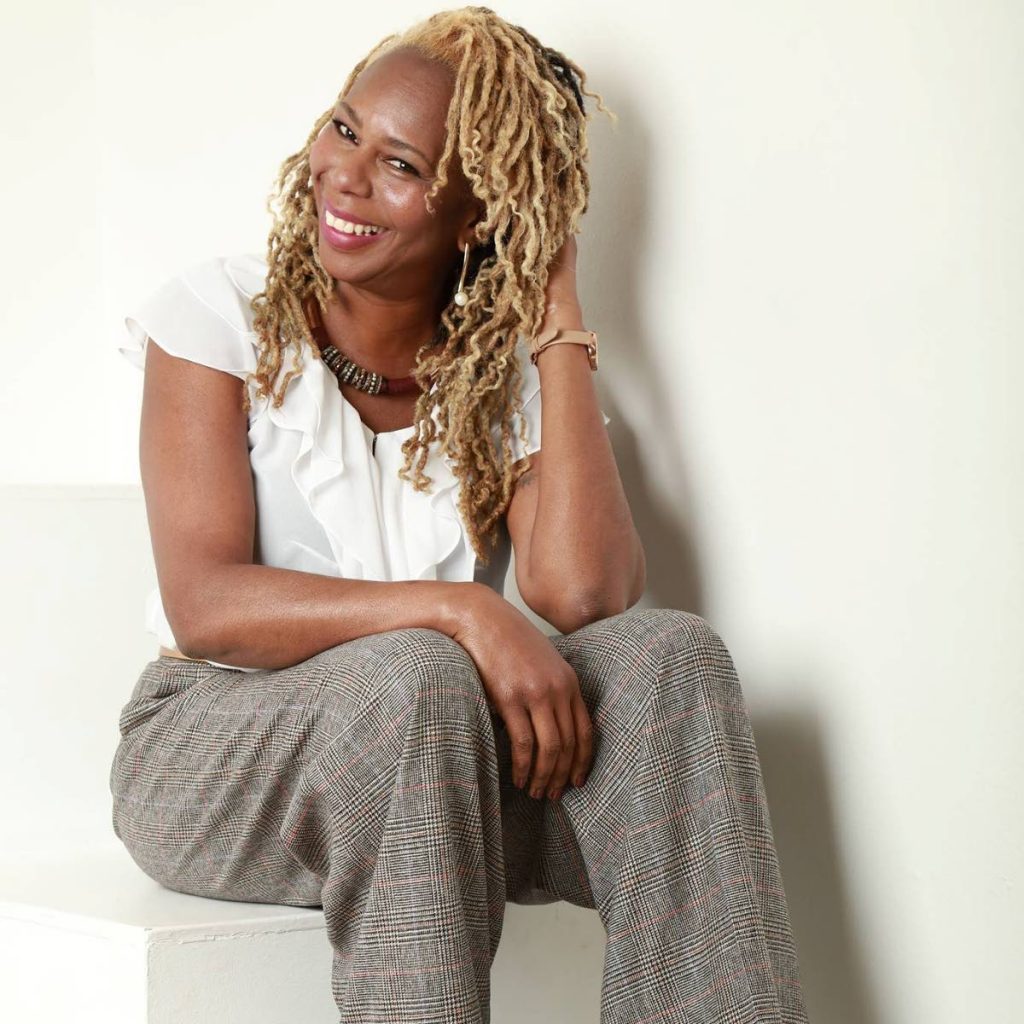Families struggle in aftermath of suicide

Last week bore witness to another tragic death of a young woman who died by suicide. But unfortunately, in the midst of the sad news, both the traditional and social media were awash with servings of speculation, and uncivil negative commentary.
There is no denying that suicide is controversial, and there is nothing wrong with voicing an opinion, having a debate or discussion, because after all, trying to make sense of situations helps in formulating solutions. Indeed, it’s important that suicide is demystified, and spoken about more openly, so that understandings of circumstances, risks, causes, and effects can inform prevention and intervention strategies.
But what’s distressing is the ongoing commentary being focussed on sensationalising the alleged deceptions of Miss Teelucksingh –some of which have overstepped the mark of civil decency. It appears many have forgotten that she has left behind a family coming to terms with their grief, guilt and distress. So many families lament that when a loved one dies by suicide their grief is compounded by societal stigma.
‘Jane’ explained that the most distressing situation she had to endure was as a result of her husband’s suicide being reported on social media.
She continues to be treated for clinical depression which she attributes to the harmful intrusive comments of friends and strangers.
She explained how she was interrogated and pressured into finding a reason for his suicide, and that her feelings were ignored while others freely shared their unfounded theories on the matter. Some suggested that maybe he found out he had a terminal illness, or he had lost his job and was afraid to tell her – none of which was true. Despite her reassurances to the contrary, many insisted that her husband was a selfish man who didn’t think of his family. That upset Jane because she did not want the children who adored their father to suddenly have doubts about how much he loved and cared about them.
‘Jane’ found the comments about her husband to be “inappropriate, distressing, intolerable and humiliating”.
She explained that what she really wanted at the time was support, comfort and advice. According to her, what she needed was guidance on the procedure to claim the widow’s pension; to know what services were available for her children to get help to cope with the loss of their father; someone to cut the lawn; advice on repaying her husband’s car loan etcetera. In her own words, what she wanted was not to be on the receiving end of other people’s judgments, but practical help and a shoulder to cry on.
Jane’s experience highlights some of the reasons why the suicide discourse should be sensitive and responsible. But additionally, ill-considered reporting poses a danger of contagion – which is where suicide ideation and behaviours happen because of the suicide or attempted suicide of others. Suicide is indeed very complex with so many risk factors.
On an individual level, some of the risk factors are:
- previous suicide attempts
- mental health challenges
- harmful use of alcohol and drugs
- job or financial loss
- chronic pain
- hopelessness
- family history of suicide
- genetic and biological factors
In communities and wider society they are:
- barriers to accessing health care
- easy availability of the means for suicide
- inappropriate media reporting
- stigma associated with help-seeking behaviours
- acculturation and dislocation
- sense of isolation and lack of social support
- disaster, war and conflict
- trauma or abuse
- relationship conflict, discord or loss
(taken from The World Health Organization (WHO) Preventing Suicide – A Global Imperative Report).
Suicide is an emotive topic, and the way that people respond to it carries a lot of stigma. Which is why many families try to keep it a secret to the extent where some deaths are classified as something other than suicide. However, such secrecy skews statistics and impacts on the decisions taken in the development of evidence-based suicide prevention policy and strategies.
Suicide is not inevitable, it is preventable and communities can contribute by providing social and emotional support to those who are vulnerable, and not forget that families struggle in the aftermath of suicide. They also need support, comfort, compassion and empathy.
If you or anyone you know needs help please call - Suicide Help LifeLine 645-2800 of lifelinett (on Facebook) or ALIVE 688-8525, 650-5270
Dr Yansie Rolston FRSA is a UK-based disability and mental health specialist advisor. She is a social strategist and trainer who works internationally at various levels of government, business and civil society. Contact her at yr@efficacyeva.com

Comments
"Families struggle in aftermath of suicide"